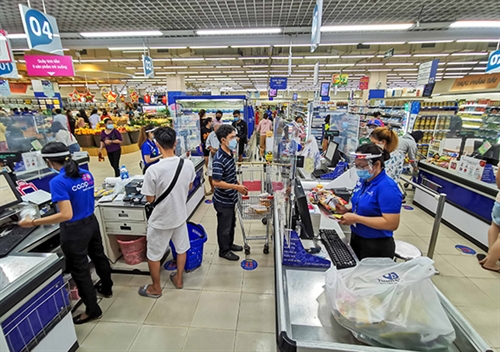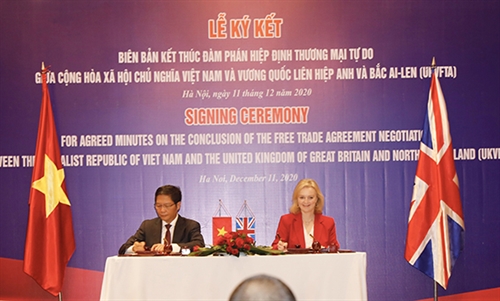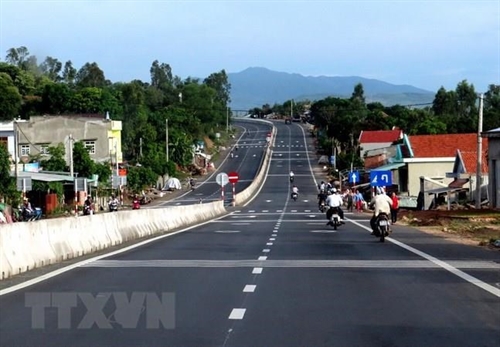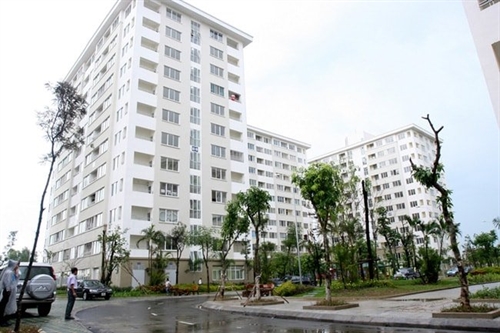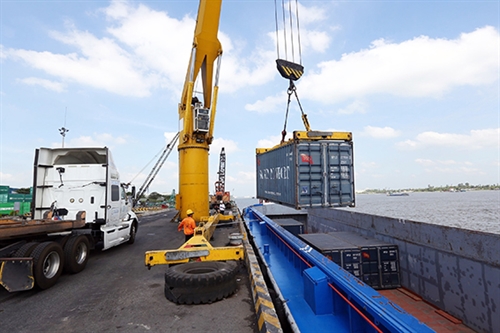By 2030, Vietnam will be ranked among top 30 countries in the world in terms of the business environment.
Such goal is set forth in Government Resolution 76/NQ-CP dated July 15, promulgating the general program on state administrative reform for the 2021-30 period.
Under the general program, administrative reform will focus on six groups, including institutional reform, simplification of administrative procedures, reform of the state administrative apparatus, reform of provision of civil services, reform of public finance, and building and development of an e-government and a digital government.
As for institutional reform, in the next decade, it is targeted to complete the administrative institutional system and improve effect and effectiveness of law implementation and enforcement. Meanwhile, quality of cadres, public employees and civil servants will be improved in terms of professionalism, professional qualifications and ethical quality to properly perform their assigned tasks and catch up with the national development.
As for administrative procedure reform, more and more administrative procedures will be carried out in the cyber environment so that citizens and enterprises will be able to access public services everywhere, whenever they want by using different devices.
Specifically, all administrative procedures involving financial obligations will be completed online and at least 90 percent of administrative procedures of ministries, agencies and localities will be carried out online at Levels 3 and 4.
At the same time, it is expected that at least 80 percent of dossiers at Levels 3 and 4 submitted via the network will be successfully processed.
The general program also aims to renovate working methods of the state administrative apparatus so as to increase effectiveness of state management activities, and reorganize and streamline the organization of state administrative agencies at all levels.
As for public finance, the mechanism for use of state budget funds of administrative agencies and public non-business units will be reformed in the direction that funds will be allocated in association with assigned tasks and obtained outcomes, which is reckoned to increase quality and operation efficiency of state agencies and prevent corruption.
With regard to development of e-government and digital government, it is targeted to intensify the application of information technology, digitalization and application of scientific and technological advances in the development of the e-government and digital government so as to renew working methods, increase capacity and effectiveness of state administrative agencies at all levels, meeting requirements of socio-economic development, defense and security, and international integration.
The state administrative reform will be renewed every ten years, with the previous one implemented from 2011 thru 2020.- (VLLF)
